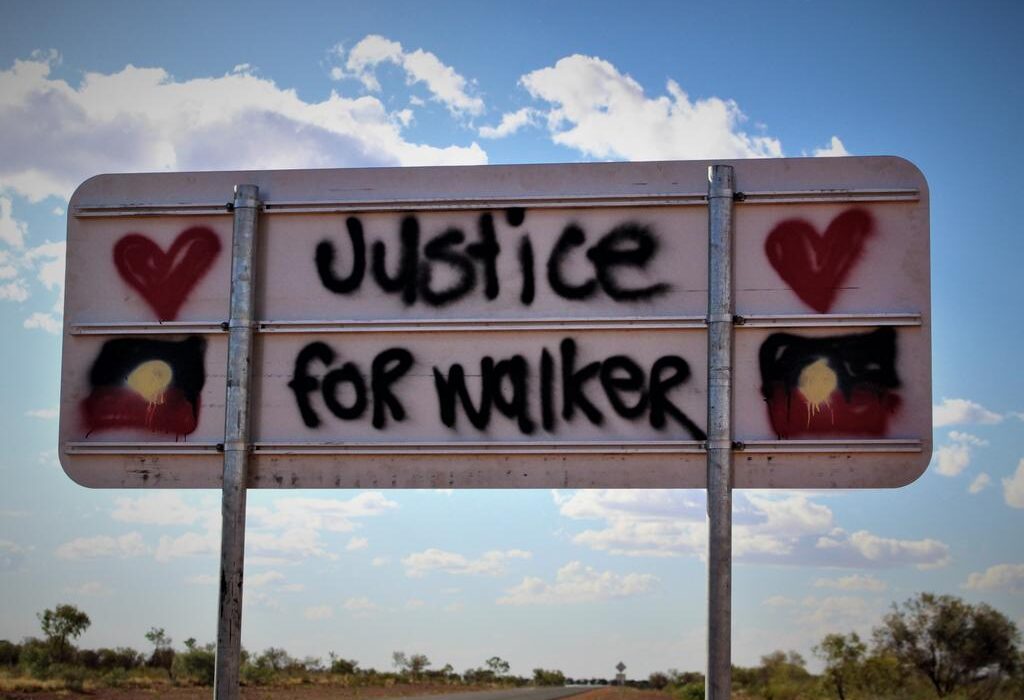In the heart of the Central desert region, where the red dirt meets the sky, families from Yuendumu and Papunya gathered in a makeshift courthouse. The air was heavy with grief as they awaited the final report on Justice Kumanjayi Walker’s untimely demise.
Coroner Elisabeth Armitage’s long-awaited findings shed light on the fatal shooting of 19-year-old Kumanjayi Walker by Constable Zachary Rolfe in 2019. Despite Rolfe’s acquittal following a trial in 2022, Armitage deemed Walker’s death avoidable and criticized Rolfe’s actions leading up to the tragic event.
Armitage highlighted instances where Rolfe exhibited a tendency to use unnecessary force, particularly towards Aboriginal individuals. She noted that Rolfe seemed to seek out situations where force would be required, displaying a concerning disregard for safety protocols and proper training.
Expert analysis revealed that this pattern of behavior, described as
“officer-induced jeopardy,”
endangered both officers and suspects unnecessarily. By rushing into confrontations without assessing risks or following established procedures, Rolfe created volatile situations that culminated in tragedy.
The coroner pointed out that Rolfe disregarded directives from his superiors and chose to pursue Kumanjayi against protocol. This reckless approach ultimately led to a fatal escalation during the arrest attempt.
Moreover, it was revealed that prior to Walker’s death, complaints had been lodged regarding Rolfe’s excessive use of force during arrests. Despite these warnings, appropriate oversight was lacking, allowing Rolfe’s problematic conduct to persist unchecked within the NT Police force.
Armitage stressed the need for systemic changes within law enforcement agencies to prevent similar incidents in the future. She recommended enhanced anti-racism strategies and strict measures against any form of discriminatory behavior among officers.
In response to these recommendations, authorities must prioritize cultural sensitivity training, effective supervision mechanisms, and a zero-tolerance policy towards racism within police ranks. It is imperative that lessons are learned from this tragedy to ensure justice and safety for all members of society.
As we reflect on Kumanjayi Walker’s life cut short by violence and injustice, let us strive for accountability and reform within our law enforcement institutions. May his memory serve as a poignant reminder of the ongoing fight for equality and dignity for all individuals.

